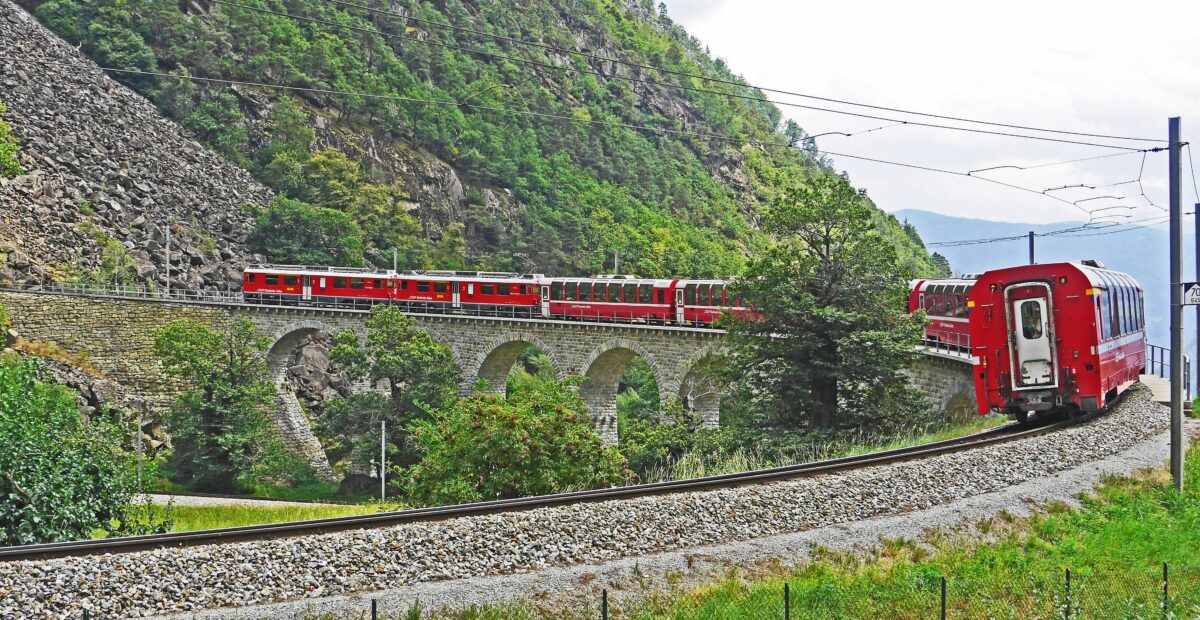Autism-Friendly Travel Tips: Making Adventures Accessible

Featured Image by Pixabay, Pexels
Travelling is an exciting and enriching experience for most of us, and has been found to positively impact an individual’s quality of life in a multitude of ways; improving our physical and mental health, as well as our relationships, working and social lives. Despite the various benefits of travelling, the process can also be overwhelming, and the unfamiliar routines, environments and sensory stimulants often deter autistic people from travelling altogether. But why should autistic people be excluded? Travelling should be an accessible and enjoyable experience for everyone, and with the right planning and preparation, autistic people can be included in the adventure.
What are the common challenges when travelling with autism?
Travelling often comes with challenges along the way, and can be an extremely stressful experience. The array of sensory stimuli that entail travelling, whether this be by train, car or aeroplane, is often challenging for neurodiverse people. Some sensory stressors can include security checks, crowds, prolonged waiting periods, limited access to a bathroom, as well as loud noises and bright lights in airports and train stations.
Alongside the sensory stimulation that comes with travelling, the unfamiliar environments and changes in routine can prove a challenge whilst travelling with autism. Autistic people may also find any climate changes to be tough to re-adjust to. Both hotter and colder environments can be overstimulating for autistic people and can be difficult to manage when travelling overseas. In addition, changes in available restaurants and foods often result in variations in your diet and dining routines whilst travelling, which can be distressing for autistic tourists. Separation from friends and family can also be tough to handle whilst travelling with autism. These changes in routine and sensory experience can be challenging. But with the right accommodations, these anxieties can be reduced to ensure a more comfortable and accessible travelling experience for autistic and neurodiverse people.
How can you prepare and plan your trip?
To ensure that travel and tourism are accessible for neurodiverse children and adults, travel professionals are often trained through programs such as IBCCES’ Certified Autism Centre (CAC) training, and Certified Autism Travel Professional (CATP) training. In addition, disabled adults and parents/ carers of disabled people are entitled to apply for a Transport Security Administration (TSA) card to alleviate concerns whilst travelling through airports and inform travel professionals of their disability. This can be a great tool in relieving anxiety and improving accessibility for autistic tourists.
Furthermore, there are various steps autistic adults and parents of autistic children can take which can be beneficial whilst travelling:
Contact before visiting

Image by Pixabay, Pexels
When travelling with autism, it is important to ensure that you are provided with all the necessary accommodations to ensure that your needs are met and your journey is as comfortable and enjoyable as possible. To be sure of this, you may at times need to make travel companies aware of your needs in advance and throughout your journey.
By travelling with a TSA notification card, you can quickly and easily make travel professionals aware of your disability and allow you to access any procedures and accommodations that they may have in place to support autistic tourists, such as undergoing the screening process at airports without being separated from your family/ friends.
Furthermore, you could let any travel companies involved in your trip know of your disability and needs by calling in advance to ensure that all accessible facilities will be made available to you during your trip, and by acquiring the right travel insurance for your needs.
Provide different choices and options
Keeping options open for activities to do on a day-to-day basis could relieve any anxiety you may have surrounding planning and engaging in activities, allowing you the freedom to decide your plans for the day.
It can be helpful to pre-pack safe foods and snacks and prepare meals in advance, making sure you always have something safe and delicious to choose from at all times; especially if the food available at your destination is unfamiliar or simply not to your taste. Pre-planning your meals and snacks can also help to alleviate any overstimulation that you may experience whilst travelling by reducing the amount of time dedicated to preparing food allowing you more time to relax and enjoy the adventure.
Sensory considerations
Research the dining options provided by your destination and plan to accommodate any sensory or dietary requirements. This could include planning seating arrangements and choosing menu items in advance to ensure that you are comfortable at mealtimes.
Be sure to bring along your comfort items such as ear defenders or sensory toys to the venue to relieve sensory stressors. It could also be helpful to include items such as tablets or headphones to provide a distraction from the overstimulating environments.
If you are flying, it could be a good idea to bring sweets/ chews to prevent your ears from popping during the flight.
Exercising 20 minutes before long journeys can help to release energy to reduce any anxiety you may have before undertaking long journeys.
Try and keep a routine
Travelling often comes with lots of changes in routine and environment which can be stressful for autistic people. However, you could reduce some anxiety by planning and creating planned routines; such as by producing a schedule to follow day by day throughout your trip.
In addition, you can plan and prepare yourself for changes in your environment by looking at pictures/ videos of your accommodation to familiarise yourself with the new environment, and by researching any differences in language, climate, and options for food to ensure that you are fully prepared.
You could contact restaurants and entertainment venues in advance and ask to reserve seating to help you stick to your everyday routines as much as possible. You can also ask about any concerns you may have related to noise levels, or any dietary requirements to ensure that the venue is ready and prepared to accommodate your needs so that you can relax and enjoy your meals and activities with minimal stress.
Create a schedule to follow

Image by cottonbro studio, Pexels
Check what support is available for neurodivergent people. Many destinations offer autism-friendly attractions, and airlines often have autism-friendly procedures in place, such as visual guides to help keep to a routine during your time at the airport and limit any unwanted surprises during your journey.
For parents of autistic children, it can be helpful to find or create a social story for your child, to explain the unfamiliar processes, as well as the changes in routine and environment to help prepare them for any potential stressors. You can find an online example of a sensory story for aeroplane trips here.
Overall, travelling can bring some fantastic adventures and help us to make memories that last a lifetime. The joys and benefits that come with travelling should be for everyone, and with the right planning and accommodations, could be made easier and more accessible for those travelling with autism.
Useful links
Autism test
5 types of autism
Autism eating habits and behaviours
Signs of autism in adults
Blog Author
Lucy Goodwin



